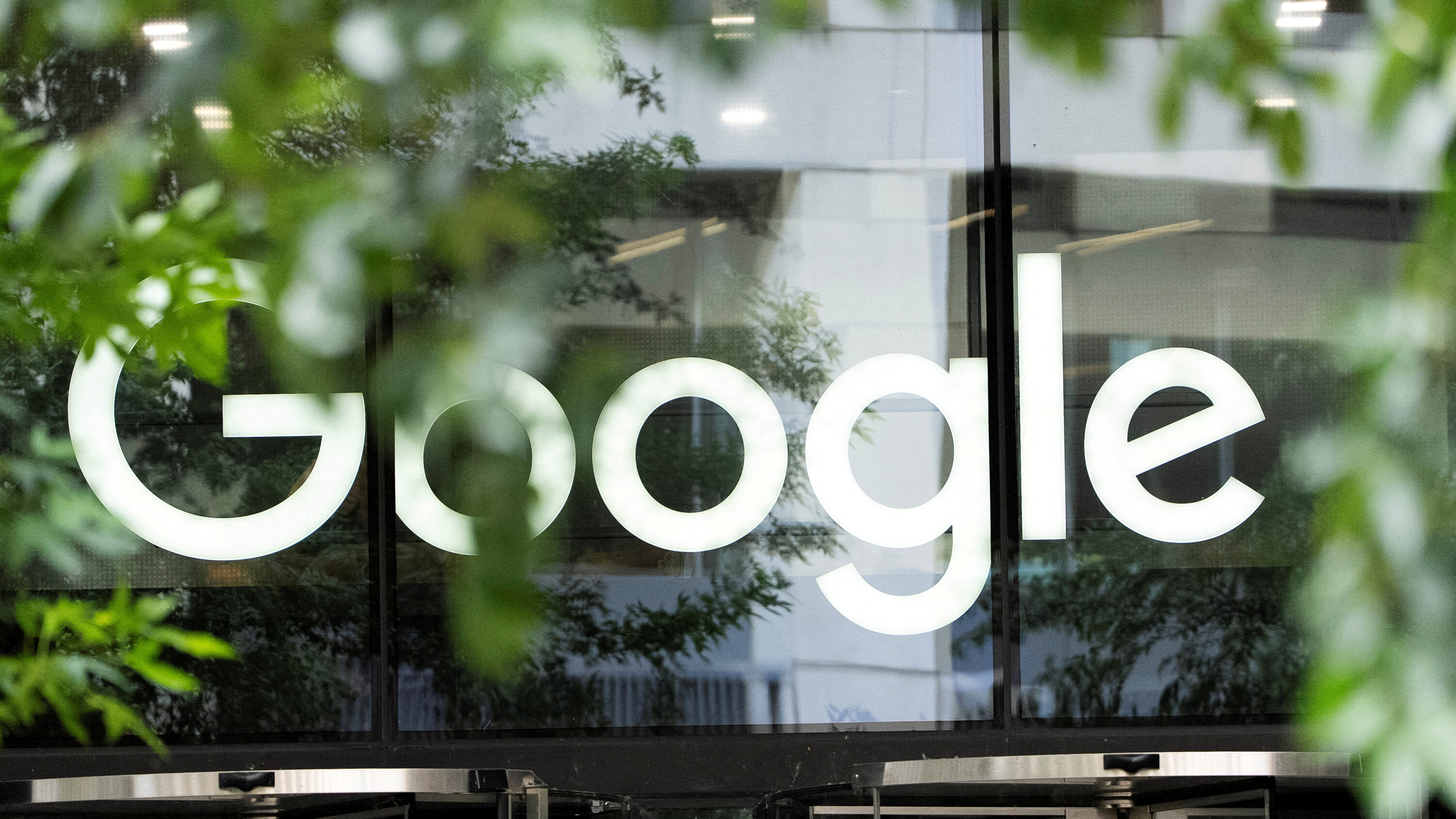Tech Titan Slapped: Google Faces Massive €3.2 Billion EU Antitrust Penalty

In a bold move challenging Big Tech's market power, European Union regulators have leveled serious allegations against Google, claiming the tech behemoth is exploiting its massive market presence to unfairly disadvantage competitors in the online advertising landscape. The accusations suggest that Google's overwhelming digital influence allows it to manipulate advertising markets, potentially stifling innovation and fair competition.
The EU's antitrust investigators argue that Google's strategic positioning enables the company to create significant barriers for smaller advertising platforms, effectively controlling the digital advertising ecosystem. By leveraging its extensive network and technological infrastructure, Google appears to be using its dominant market position to squeeze out potential rivals and maintain its stronghold in the digital advertising space.
These allegations represent a critical moment in the ongoing global scrutiny of tech giants and their market practices, highlighting the increasing regulatory pressure on companies that wield substantial digital power. The EU's stance signals a robust commitment to protecting market fairness and preventing monopolistic behaviors in the rapidly evolving digital economy.








